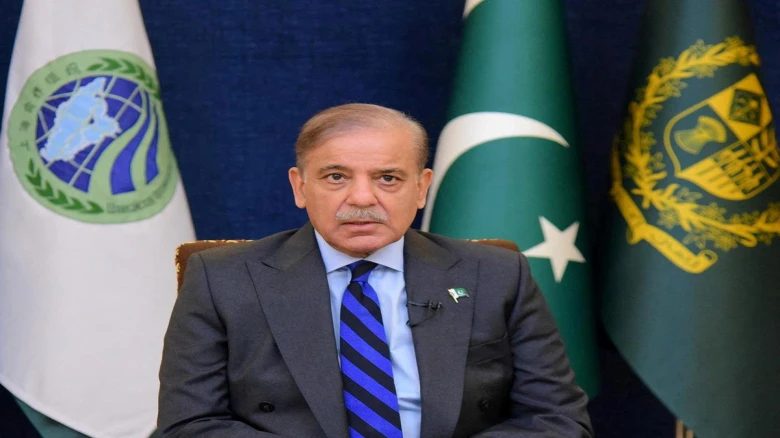Regional

Despite the National Assembly's five-year term officially expiring on August 12, Sharif plans to dissolve it on August 9...
Digital Desk: Pakistan's Prime Minister Shehbaz Sharif has made a surprising announcement, revealing his intention to dissolve the National Assembly ahead of schedule in preparation for the upcoming general elections later this year. Despite the National Assembly's five-year term officially expiring on August 12, Sharif plans to dissolve it on August 9.
"After completing our term tomorrow, I will write and send to the president to dissolve the assembly, and then an interim government will take over," stated Prime Minister Sharif, as reported by Dawn. This decision signifies a significant step in the political landscape of Pakistan, paving the way for a transition of power and renewed governance.
Prime Minister Sharif's commitment to stepping down has been further underlined by his recent farewell visit to the General Headquarters of the Pakistan Army in Rawalpindi. According to The Express Tribune, this symbolic gesture marks the closing chapter of his leadership within the government.
Although the Pakistan Muslim League-Nawaz (PML-N)-led coalition government had initially aimed to retain authority until August 11, there have been suggestions that President Alvi might delay the dissolution process, as reported by PTI. In a bid to preempt any potential delays, Prime Minister Sharif's decision to expedite the dissolution ensures that the National Assembly concludes its term prior to the official expiration date, allowing the Election Commission of Pakistan (ECP) a full 90 days to organize the upcoming elections.
This strategic move by Prime Minister Sharif carries great significance due to the intricacies of the election process. Should the National Assembly complete its constitutionally mandated term, the ECP would have only 60 days to oversee the electoral proceedings. Complicating matters further is the recent approval of a new census by the Council of Common Interests. This endorsement necessitates that elections be synchronized with the fresh census data.
The implementation of this new census data triggers a delimitation process, which, in accordance with existing laws, grants the ECP a period of 120 days. Upon the conclusion of this process, the formal election procedures will commence, implying a likely postponement of the polls by several months.
In light of these circumstances, Prime Minister Shehbaz Sharif's decision to dissolve the National Assembly early serves as a strategic maneuver to ensure a smoother election process that aligns with the new census data. The upcoming general elections will thus be conducted under the supervision of an interim government, setting the stage for a new chapter in Pakistan's political landscape.
Leave A Comment